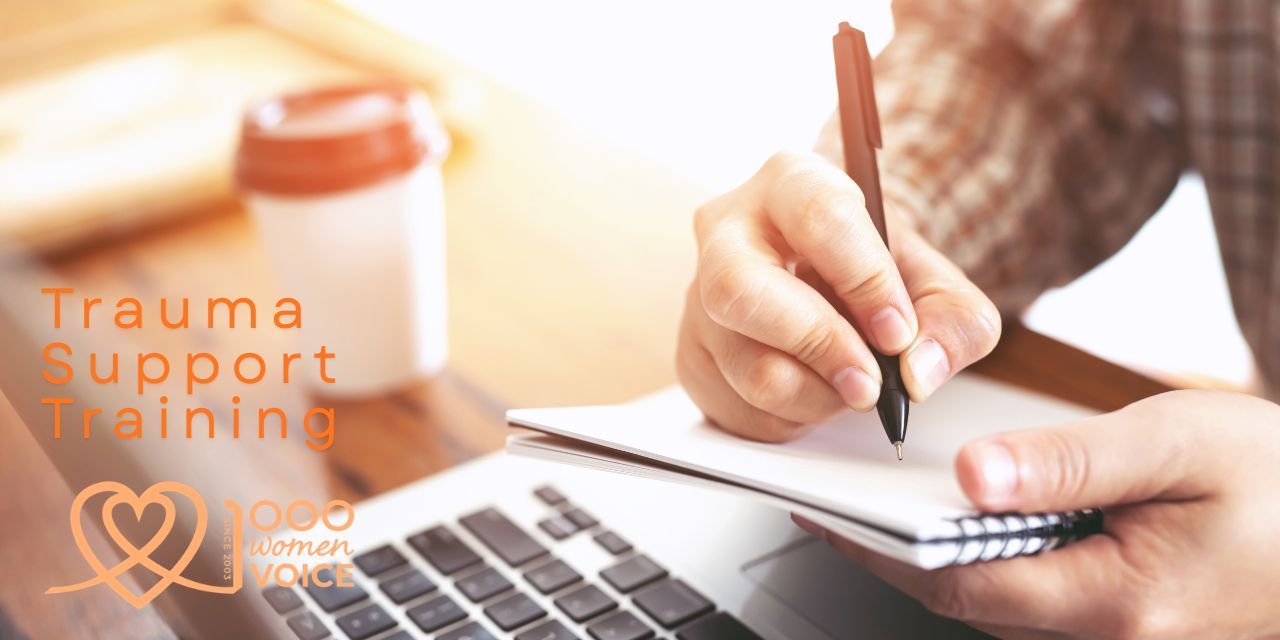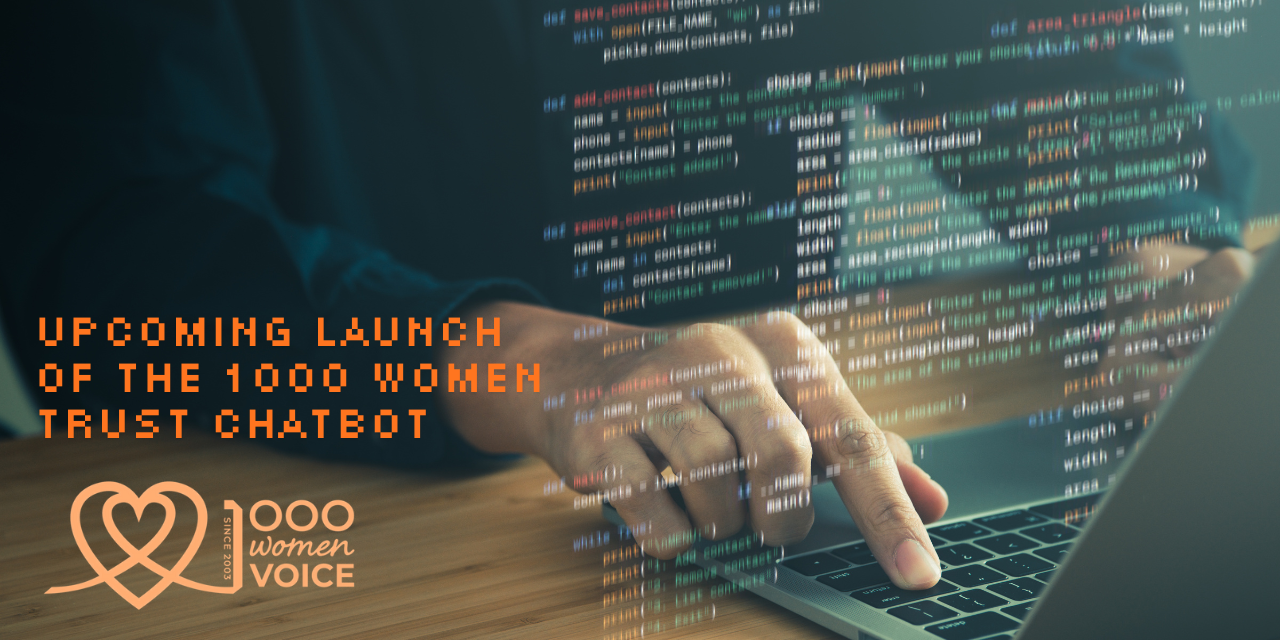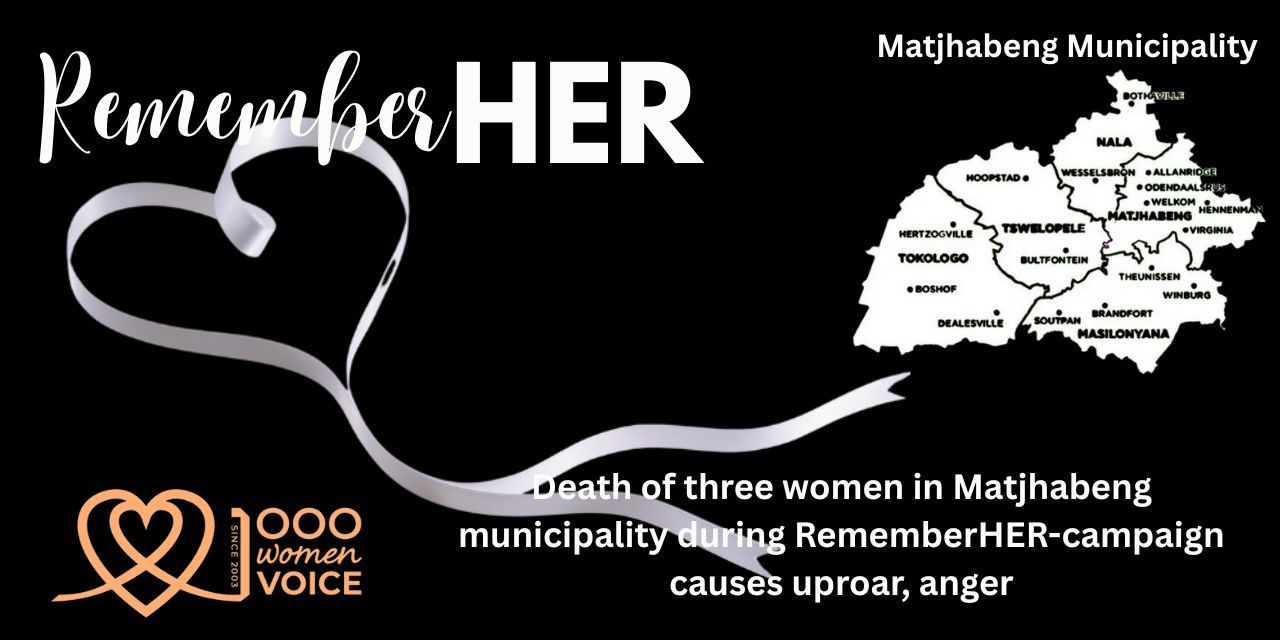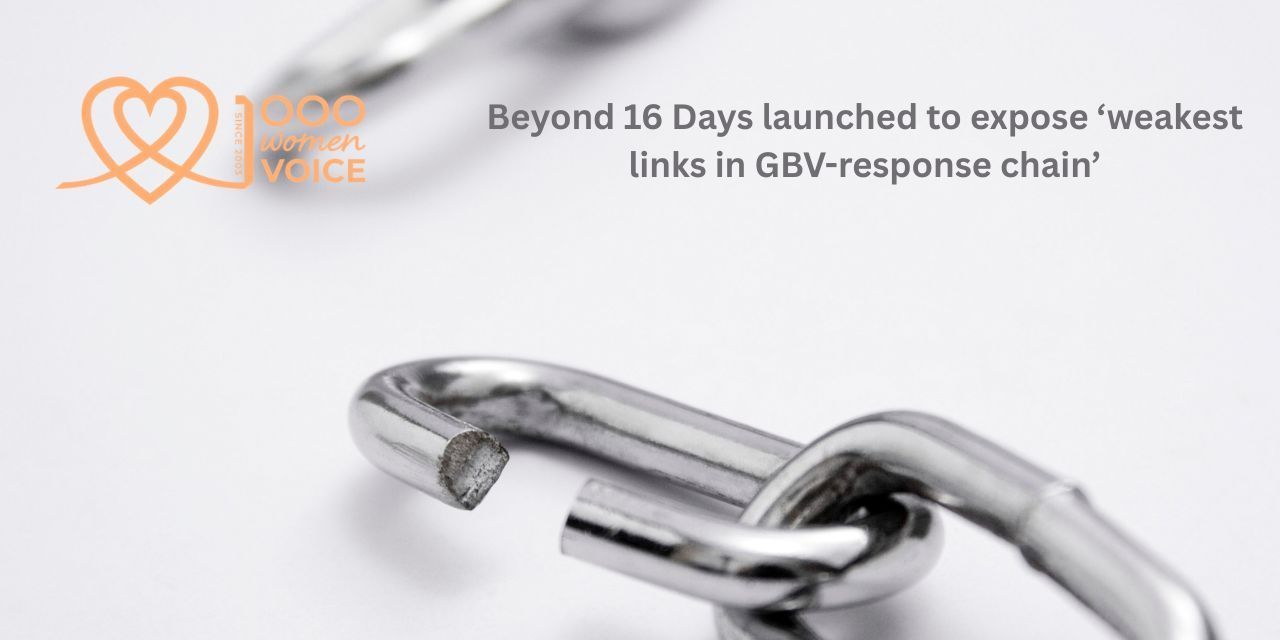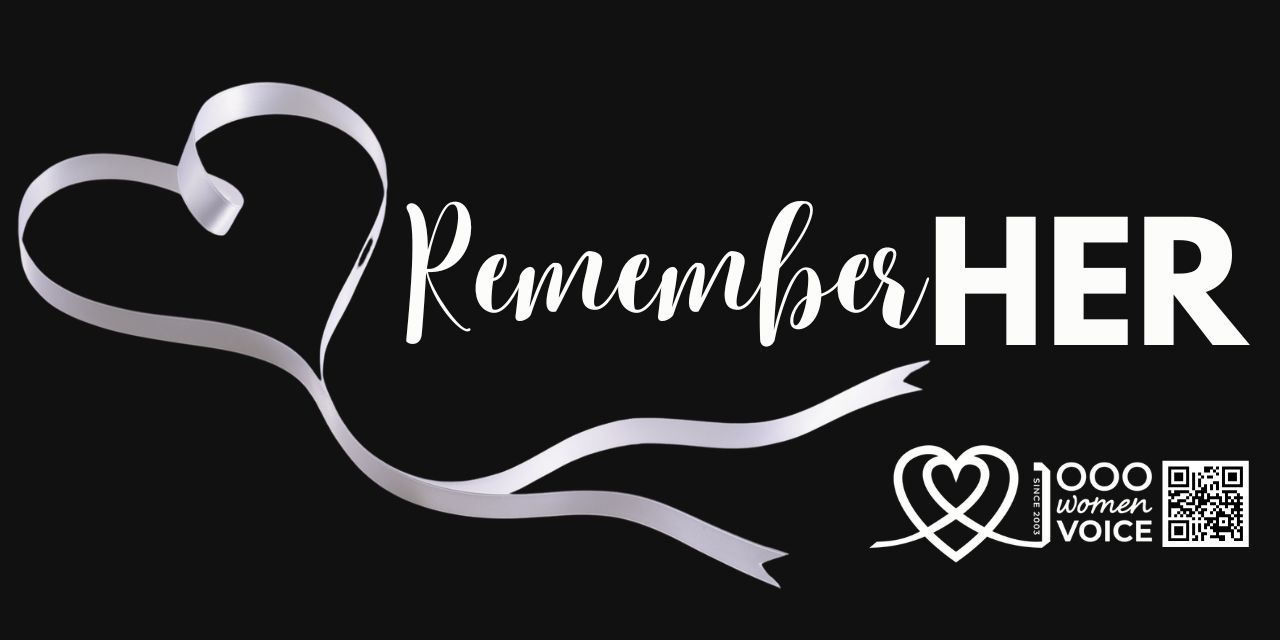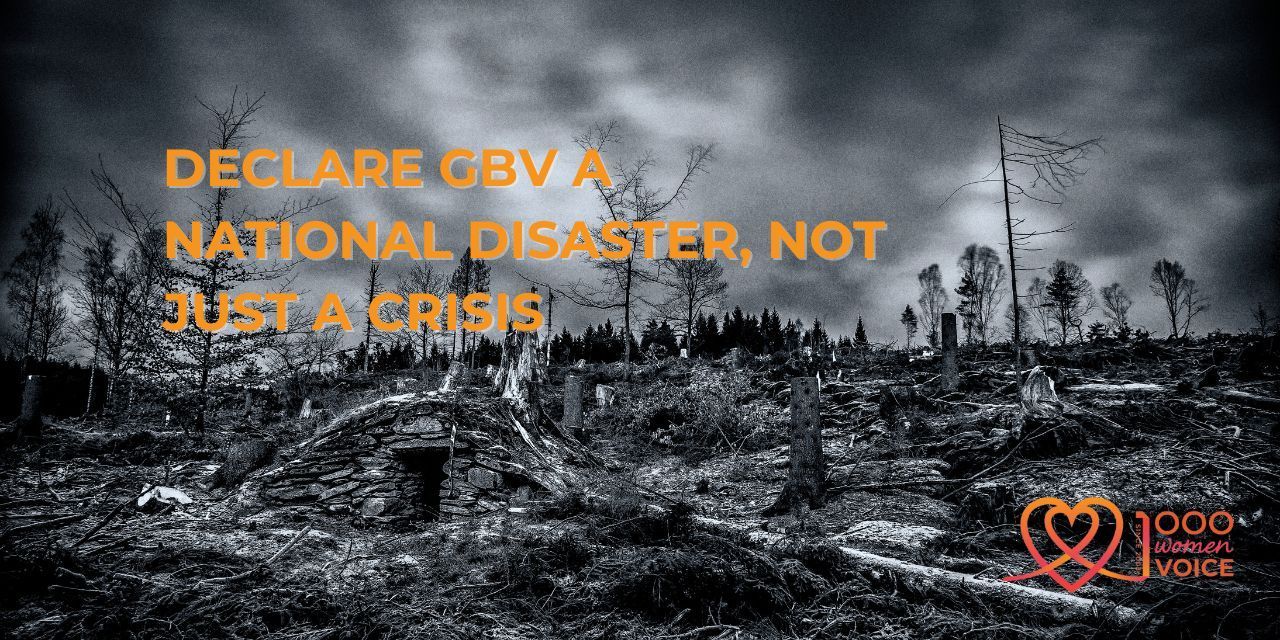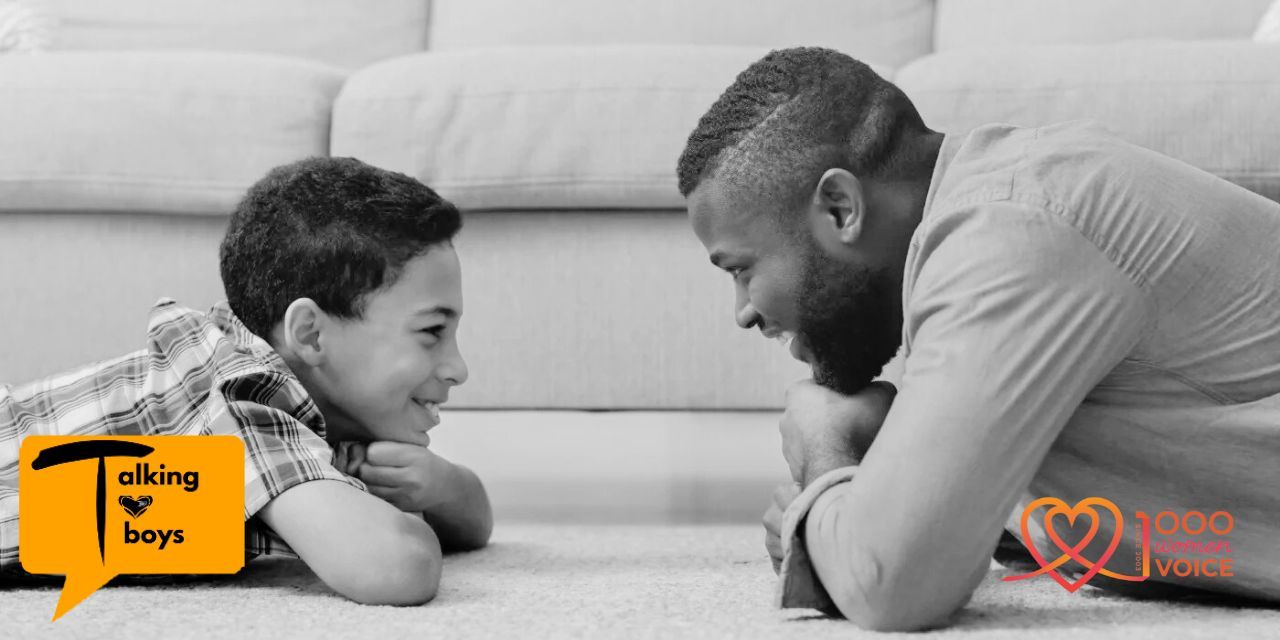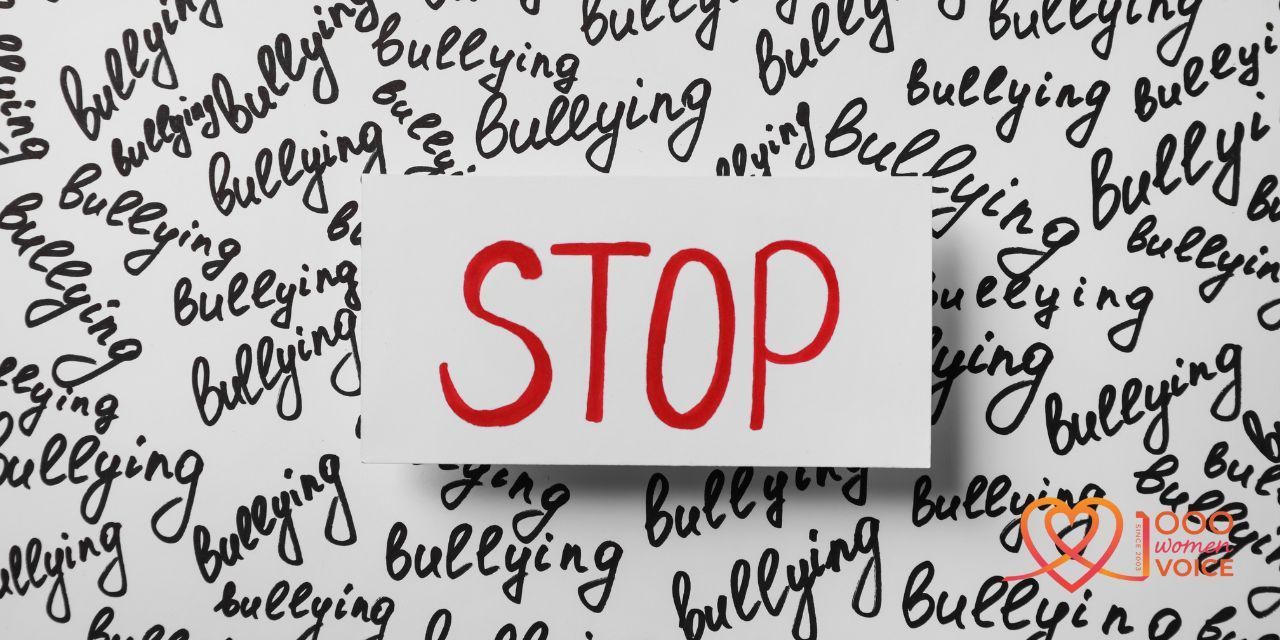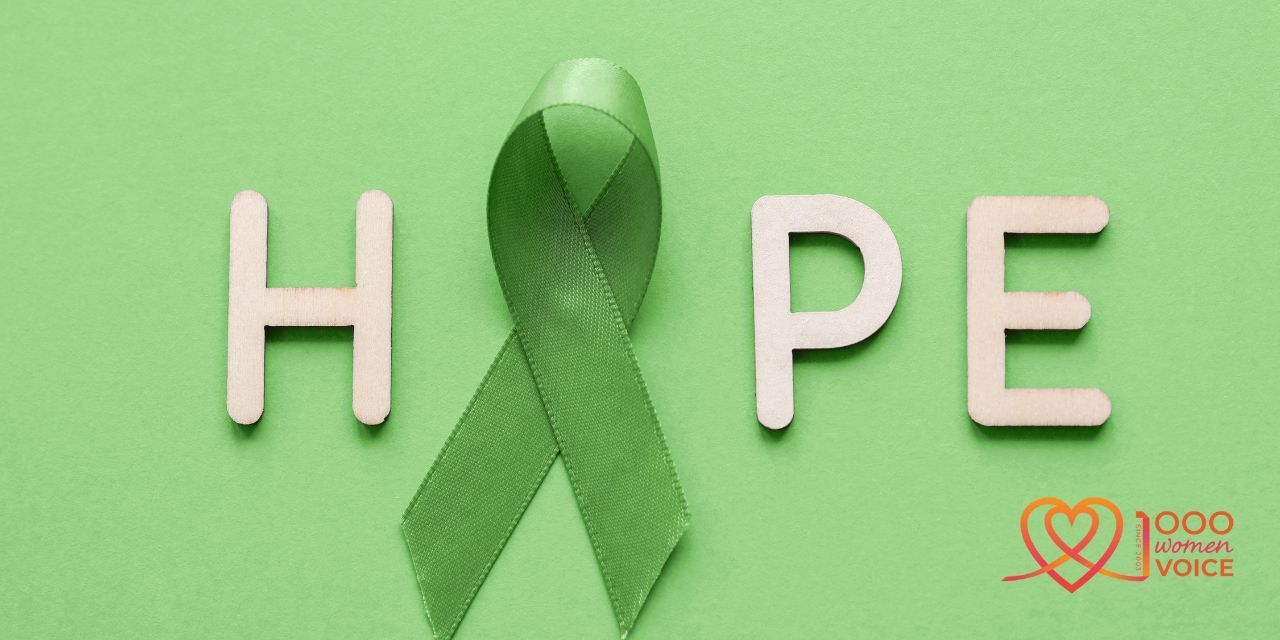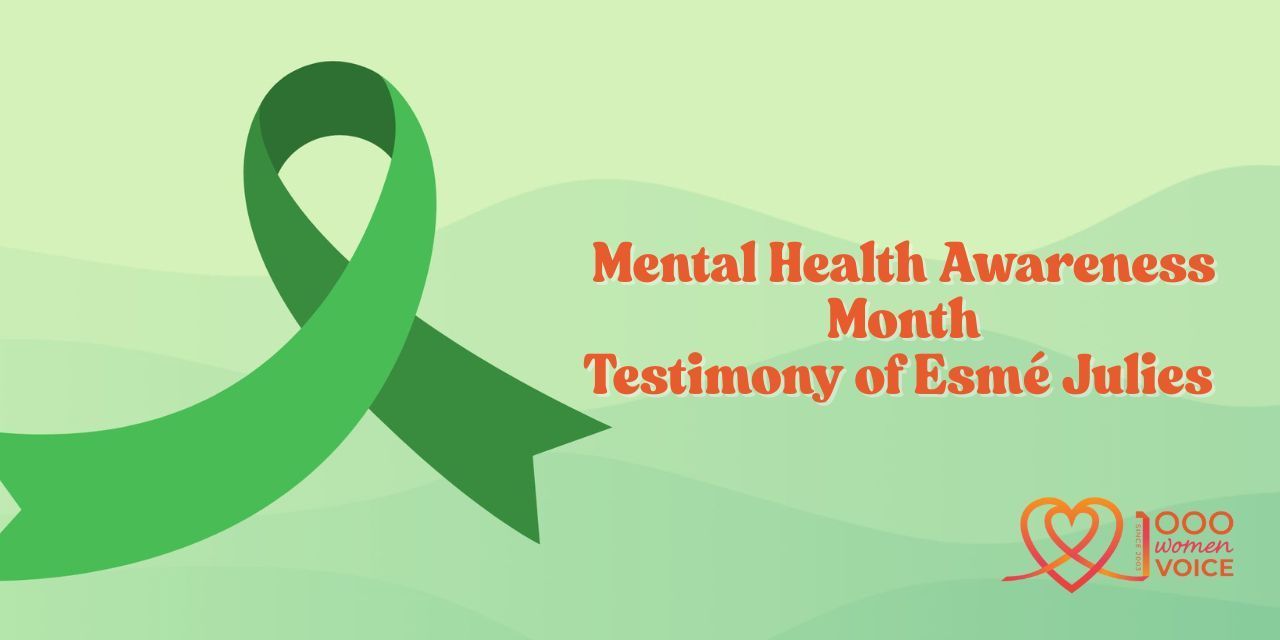Mboweni highlights gender equity-challenges at C20-conference
Mboweni highlights gender equity-challenges at C20-conference
Focusing on gender equality in all sectors of South African life, highlighting the factors that undermine that equity, and making people aware of the sterling work done by 1000 Women Trust to equip women to stand firm against perpetrators of gender-based violence, were part and parcel of Palesa Mboweni’s contribution at the C20 conference in Johannesburg.
Mboweni, a 1000 Women Trust GBV Warrior, headed one of the 14 groups at the C20-conferences which discussed gender equity – not only in South Africa but on the continent as the C20 is representing all 19 countries that form part of the G20.
The G20 aims to ensure their voices are heard. The C20, a gathering of various civil society organisations across 14 working groups, is tasked with developing policy proposals to be presented to government, comes just 23 weeks before South Africa is set to be the first African county to host the G20 Summit.
The C20 aims to ensure that world leaders pay attention to the recommendations and demands of organized civil society. The goal is to boost social and economic development and human rights. The C20 seeks economic justice and efficient resource allocation to achieve this by “leaving no one behind.”
A focal point – under the theme of “solidarity, equality and sustainability” is to address the fight against hunger, poverty and inequality and to promote governance reform.
Mboweni says the greater access of SA women to skills development programs under digital in was emphasized by the gender equity group.
The gender disparity between men and women in South Africa is well known. In 2024, the labour force participation of men stood at 65.6 %, compared to 55.8 % for women.
In South Africa, women are paid on average, between 23 and 35 % less than men for the same work. This means that for every R100 a man is paid, a woman earn between R65 and R77. Some areas show a much wider disparity.
Since 2016, the unemployment rate of women are generally higher than men – 36 % for women compared to 30 % for men, according to Stats SA.
Mboweni says that high unemployment rate can sometimes cause desperateness amongst women and girls, which could be make them vulnerable to abuse – like a sex-for-job culture.
“In our working Group we spoke about gender-based violence, and the way it hampers or undermine the effectiveness of women in the workplace. One of those factors is harassment. We emphasized that the law enforcement agencies must be strengthened in order to deal more effectively with gender-based violence and root it out,” said Mboweni.
According to study by KPMG done in 2014, the economic cost of gender-based violence was between R28.4 and R42.4 billion.
“At the C20, we highlighted the importance of the right education in order to underline the equality of women to men and why there is a need for economic equality,” Mboweni said.
Mboweni, who was subjected to gender-based violence for an extended period, highlighted the tireless work done by 1000 Women Trust to equip women and communities with the right skills to deal with abuse and violence.
One of those courses is the First Responders course that equips women with skills and knowledge during emergencies – like filling in forms to obtain a protection order, how to approach the South African Police Services and the courts.
She also referred to the superb quality of the social auxiliary work training that 1000 Women Trust provide for the GBV-Warriors in order to assist these Warriors to provide a safe space for women, girls and disabled people subjected to gender-based violence.
1000 Women Trust has presented meaningful contributions in order to shape policy development for Civil Society and is positive that their voice will be heard at the G20 summit in November, says Mboweni.
